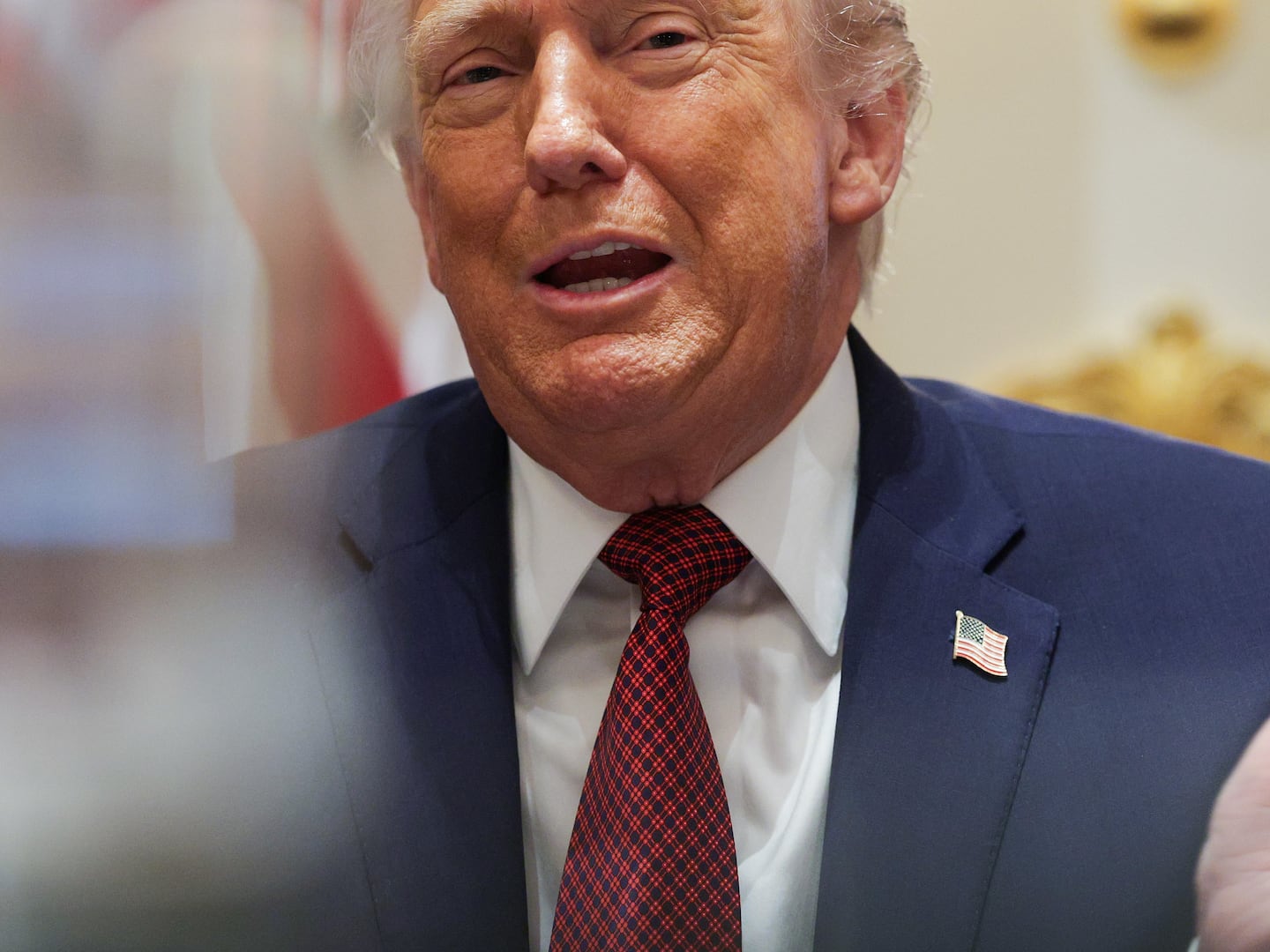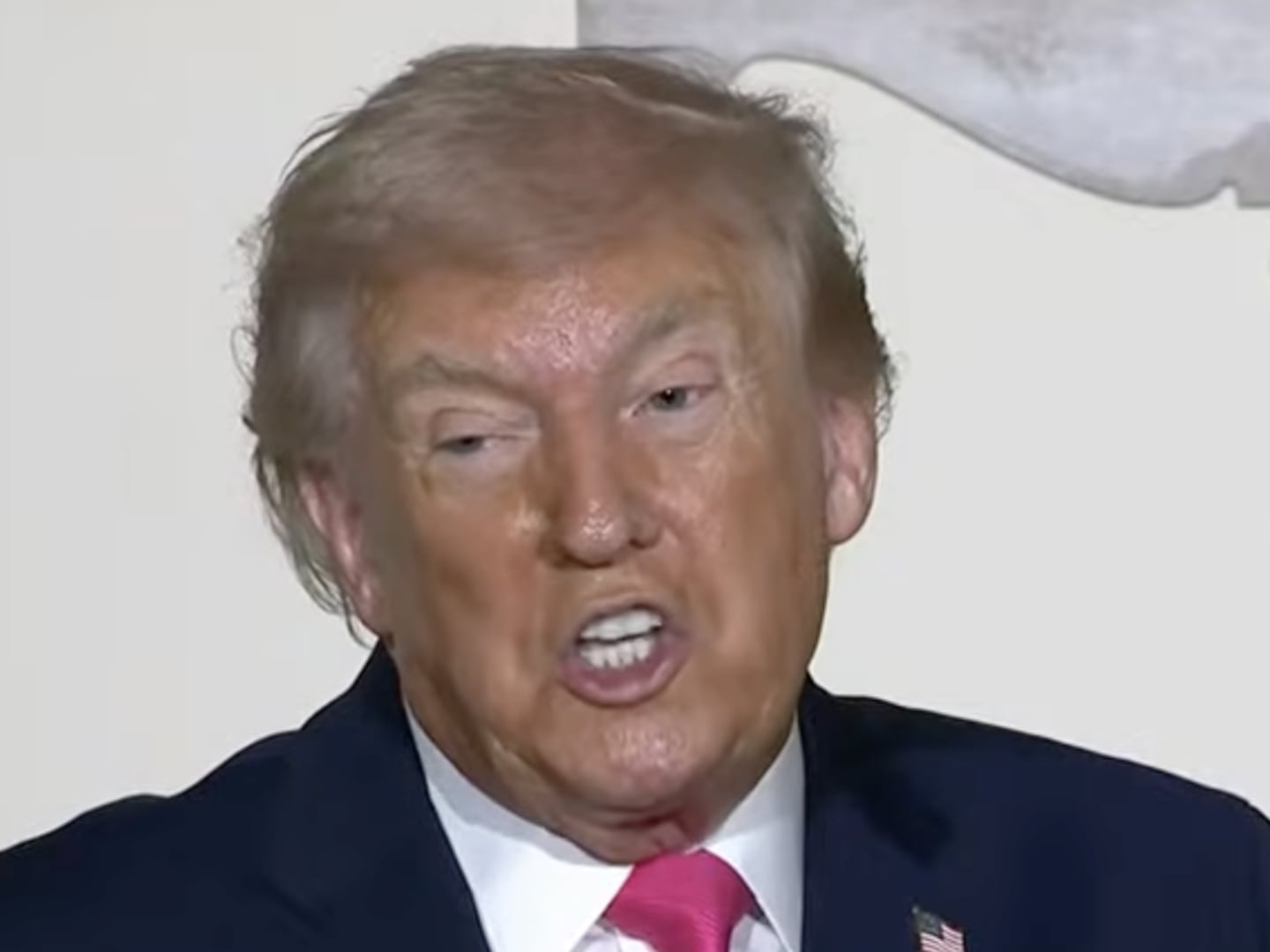
As the incoming Obama administration prepares to find a way out of our latest economic mess, it is worth recalling the forgotten relationship between the man who seems to be a leading candidate for treasury secretary, Lawrence Summers, and the collapse of Enron, which in many ways presaged our current economic crisis.
The supporting role that Summers played in Enron, including his reassuring correspondence with Ken Lay and his laissez-faire approach to the California energy crisis of 2000 and 2001, indicates why he may not be suited to steer the nation through the troubled economic waters that lie ahead.
In his book about Enron, Conspiracy of Fools, Kurt Eichenwald describes Summers’ role in the early stages of the California energy crisis when the state was suddenly faced with power shortages and energy costs that were soaring up to 20 times normal levels. Then-Governor Gray Davis, convinced that Enron and others were manipulating the market, begged the federal government to intervene.
Before Summers is nominated to head the treasury, he should be asked some basic questions.
Even as blackouts shut down dialysis machines and traffic lights from Sacramento to San Diego, Summers and the Federal Reserve chairman, Alan Greenspan, decided to take a few moments to teach the California governor a lesson or two about free markets. In an emergency meeting the day after Christmas 2000, Summers and Greenspan, responding to the governor’s complaints about corporate tampering, lectured the governor that price manipulation was only possible because California had improperly regulated its markets. They urged the governor to take it easy on Enron and the other power companies because, in effect, being too critical of them might make them reluctant to do business in California. Summers and Greenspan pressured the governor to remove state caps on consumer rates.
A second meeting took place a few weeks later, via video teleconference, with Summers, California’s governor, and energy providers —including Enron’s Ken Lay. This time, Summers not only called for consumer rate increases, he also urged the governor to reassure the markets by relaxing environmental controls (Ken Lay’s suggestion) so that more power plants could be built quickly.
Once again, the California governor protested, refusing to raise electricity rates for consumers, declining to eviscerate environmental controls, and instead requested federal price caps on the electricity that power companies sold to California. Remarkably, Summers defended the energy executives, including Ken Lay, as doing “a pretty good job” of serving California, and dismissed the possibility that they were colluding to drive prices up —even though, as we know now, that’s precisely what they were doing, Summers disparaged the governor’s plan; it wouldn’t work because such government intervention would inevitably “distort the market,” he said.
Neither side gave in. Seven days later, George W. Bush was inaugurated as president. At the time, Ken Lay himself was widely discussed as a possible treasury secretary. Blackouts increased throughout California and energy prices continued to soar until, finally, in the spring of 2001, federal regulators imposed price caps on not just California but on all of the western states.
To be fair to Larry Summers, as of early 2001 neither he, nor anyone else outside of Enron, had heard the now-famous audiotapes of Enron traders cackling with glee as blackouts crippled the state and cost Californians $40 billion. Summers also didn’t know then about the traders’ plans, with names like “Deathstar” and “Get Shorty,” which gamed the market by shutting down plants and shipping electricity out of the state to drive up prices. And to be sure, some of California’s pre-existing energy regulations were indeed a little wacky and unbalanced.
Nonetheless Summers’ nearly religious faith in deregulation and the purity of market models blinded him to the reality of what was really going on. He assumed that there was an imbalance between supply and demand when, in fact, absent market manipulation conducted by the very people Summers was defending from further regulations, California had a sufficient supply of electricity.
Summers saw government interference in the crisis, as he put it, as “market distortion.” Yet disturbingly, Summers remained relatively unconcerned about the “distortion” caused by the market power of companies like Enron who, through collusion and predatory behavior, caused prices to soar.
Indeed, he may have been blind to the possibility. After all, in pure economic models, there is no room for manipulation because all information is known. But one thing we have learned in the early days of the recent economic meltdown is that Wall Street —like Enron —has found enormous profits in muddy markets of loan bundles whose very architecture is designed to hide the truth about their risk.
With Enron, Summers also showed a political tin ear. Imagine a Democratic treasury secretary telling a Democratic governor to pollute his state, gouge his constituents, and make nice with the businessmen who were profiteering on the misery they were causing. To quote Enron’s corporate slogan, famously unheeded by everyone except a few whistleblowers: “Ask Why!”
Before Summers is nominated to head the treasury, he should be asked some basic questions. Will he favor the ideological purity of economic theory over the messy reality of the political economy? Will he favor the interests of Wall Street over the interests of Main Street? Will his demonstrated preference for deregulation blind him to the need for increased regulation of reckless financial markets? Will arrogance blind him to the possibility that he might occasionally be wrong?
The Enron example suggests that Summers is not inclined to speak truth to power. Just the opposite. Even as Summers, in recent days, claims to have embraced more government intervention, his past actions suggest that his change is not the kind we can believe in. Speaking power to truth is not the quality the Obama administration needs as it tries to clean up a financial world mired in mendacity, arrogance, and greed.
Alex Gibney is the writer, director, and producer of the 2008 Oscar-winning documentary Taxi to the Dark Side , the Oscar-nominated film Enron: The Smartest Guys in the Room , and Gonzo: the Life and Work of Dr. Hunter S. Thompson . His next documentary, Casino Jack and the United States of Money , about political corruption and the Abramoff scandal, will be released in 2009. Gibney is also at work on a film about the current economic collapse.






